Leadership

Professor Elena Ivanova
Professor Elena Ivanova is Distinguished Professor at RMIT's School of Science. She received PhD from the Institute of Microbiology and Virology, Ukraine; ScD from the Pacific Institute of Bio-organic Chemistry, Russian Federation; JD from the University of Melbourne; GradDip from the Law Institute, Victoria. Professor Ivanova worked as a Postdoctoral Fellow at the New Energy and Industrial Technology Development Organization, Japan; Visiting Researcher at the Center of Marine Biotechnology, University of Maryland; Visiting Professor at Hokkaido University, Japan; Cambridge University, UK and Institut Charles, Sadron, CNRS, France; she joined Swinburne University of Technology in 2001 and moved to RMIT University in 2018. Professor Ivanova is recipient of AIST and JSPS Fellowships, Japan; UNESCO Biotechnology Fellowship; Research Excellence Award of the Governor of Primorye; Prominent Young Doctor of Science Award of Russian Federation, Morrison Rogosa Award from American Society for Microbiology, U.S.A, Australian Museum Eureka 2017 for Scientific Research, etc.
She has published two books and edited 3 more, 26 book chapters, 4 patents, in excess of 400 research papers with 25000 citations, her h-factor is 76. The research interests are focusing on design, fabrication and operation of planar micro-devices; immobilization of bio-molecules and micro-organisms in micro/nano/environments, bacterial taxonomy, microbial interactions with macro/micro/nano-structured surfaces, biomaterials, and mechano-bactericidal biomimetic nanostructured surfaces.
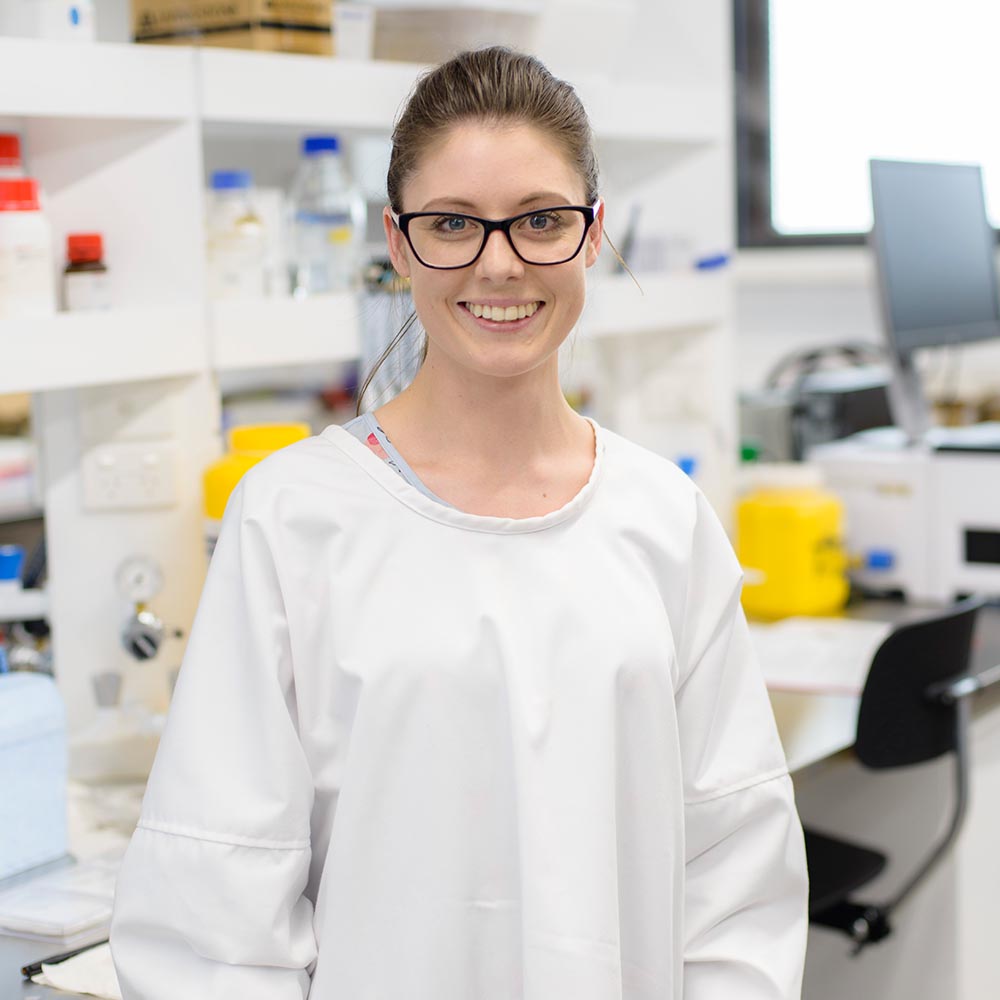
Dr. Denver Linklater
Denver Linklater holds a BSc and BComm from Swinburne University of Technology. She completed a PhD in nanotechnology in 2019 from the same university. Her PhD research focused on the development of novel antimicrobial nanostructured surface patterns. Denver currently holds a position as a post-doctoral research fellow at RMIT. She is employed on an industrial linkage project between RMIT university and Japanese company Kaiteki Inc. Her current research interests include the design and synthesis of nanomaterials for novel antimicrobial technologies, stem cell culture, tissue regeneration and medical device design.
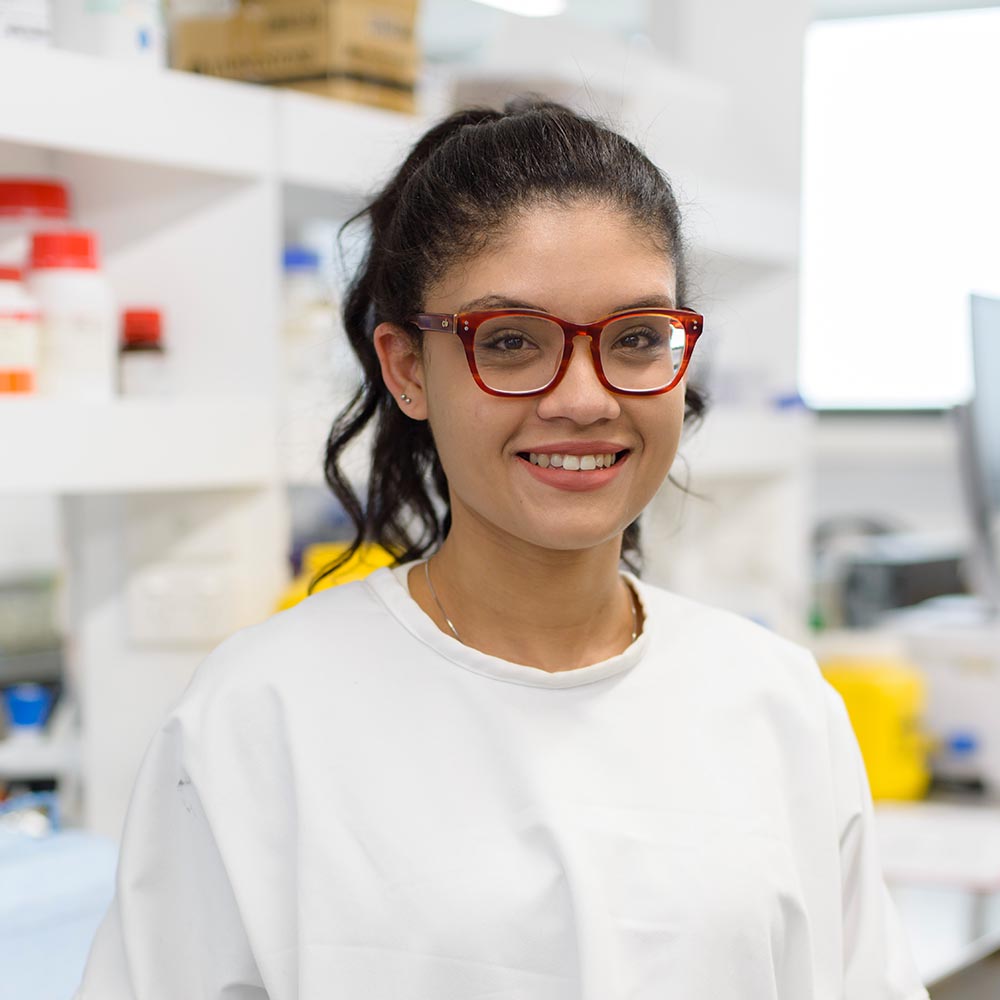
Dr Karolinne Martins De Sousa
Karolinne is a Materials Engineer (CEFET/MG- Brazil) who recently enrolled at RMIT as a PhD student in Applied Physics.
In 2015 Karolinne was awarded a Brazilian scholarship “Science Without Borders” to complete part of her undergraduate degree at Monash University (Department of Materials Science and Engineering). She also completed an internship at New Horizons Research Centre, assessing corrosion rates of stent-sized magnesium alloys in simulated body conditions with Prof. Nick Birbilis (Australian National University).
She recently joined Elena Ivanova's research group to work on the design and fabrication of nanostructured antibacterial surfaces, as well as assessing cell adhesion and behaviour on these surfaces.
Orcid: https://orcid.org/0000-0002-6983-8309
Email: s3777891@student.rmit.edu.au
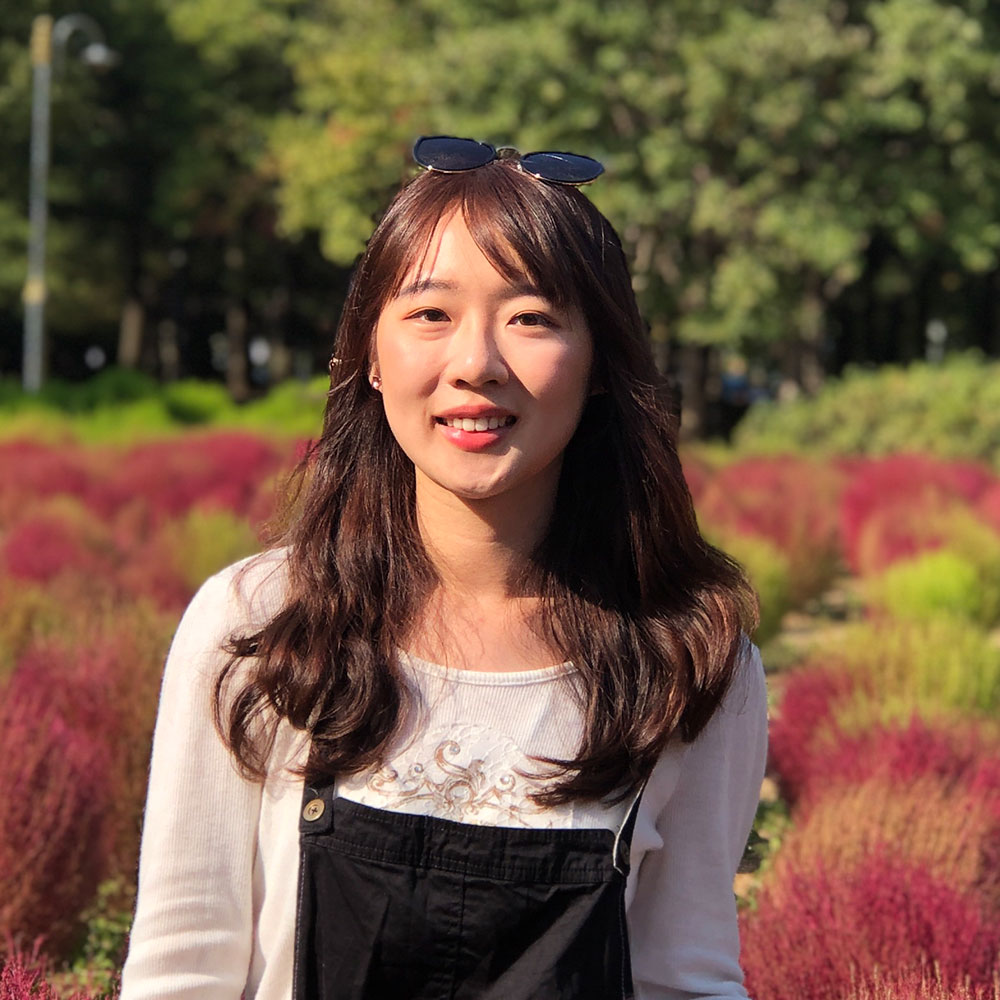
Dr Sandy Liao
Sandy graduated from National Taiwan University in 2019 with master’s degree in Chemical Engineering. She is currently a PhD student at Swinburne University of Technology and with ARC Centre in Surface Engineering for Advanced Materials (SEAM). Recently, her project aims to develop multifunctional coatings via thermal spray techniques for long-term antimicrobial purposes. Mixture, or multiple layers of coatings of polymers, nanoparticles, transition metallic materials with antibacterial activities will be used for functionalization of various substrates to achieve multi-defensive lines toward microbes. As considering for long-term orthopaedic implants, a time-controlled drug releasing system represents a promising strategy to optimize the system. Embedding crystallized nano/micro-structured drug into coatings will also be performed in this study.
Orcid: https://orcid.org/0000-0003-1878-5080
Email: sliao@swin.edu.au

Dr. Palalle G. Tharushi Perera
Dr. Palalle G. Tharushi Perera is a researcher at RMIT's School of Science. She received her PhD from Swinburne University of Technology, Australia in 2020 where her research was based on investigating Electromagnetic field induced effects on cell membrane permeability in eukaryotic cells and bacteria. She works as a lab demonstrator for Swinburne University from 2016 to date. She is also actively involved in conducting research at the Australian Synchrotron, Far IR/THz beamline. Dr. Tharushi Perera joined RMIT University in 2021. Her research interests include liposomes, cell culture, bioassays, neuronal differentiation, electron microscopy, radiation induced genetic transfer in eukaryotic and prokaryotic cells to gain insights as to how radiation in the Microwave and the THz range could be used in the field of cancer and drug delivery.
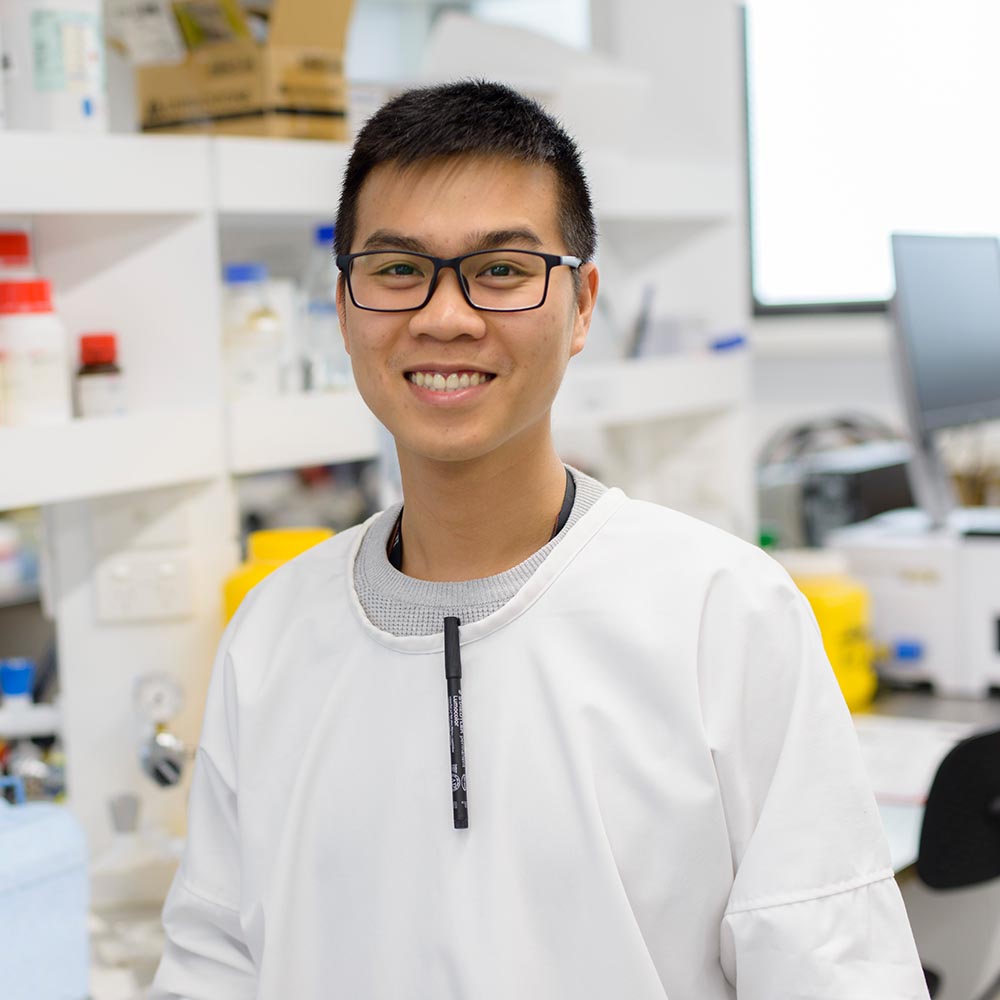
Dr Phuc Hoang Le
Phuc graduated as a BSc in Biotechnology from International University – Vietnam National University. During his bachelor, he achieved the Mitacs Globalink Research Internship Scholarship as a research intern at Simon Fraser University, Canada. Recently, Phuc has been awarded a full scholarship from ARC Steel research Hub cooperating with BlueScope Steel Australia to start his PhD journey at RMIT University in Applied Physics. His project aims to provide a better understanding about fungal attachment and biofilm formation on surfaces in order to design robust nanostructured surfaces with long term antifungal properties.
Orcid: https://orcid.org/0000-0003-2910-7509
Email: phuc.le@rmit.edu.au

Mr. Samson Wai Liong Mah (MSc)
Samson's lifelong passion for science and commerce has driven him to pursue a Bachelor of Biotechnology (Hons) with a major in Microbiology from the University of Queensland. His academic journey is complemented by two years of hands-on experience across diverse business sectors, including sales, marketing, retail, hospitality, and events management.
During his honours year at the Australian Institute for Bioengineering and Nanotechnology (AIBN), UQ, Samson conducted research on the In-Planta synthesis of Tomato Black Ring Virus-like Particles and the encapsidation of Guest Proteins to combat nematodes.
Following his undergraduate studies, Samson embarked on a Master's by Research in Applied Physics, supported by a research scholarship from CSIRO and RMIT University. His research focused on developing innovative antiviral surfaces, resulting in publications as a first author in high-impact journals such as ACS Nano and COCIS.
In recognition of his outstanding research performance and contributions to the student community, Samson was awarded the RMIT HDR Science Prize in 2023. Now, Samson continues his academic journey with a PhD in medical science at RMIT University, supported by a full stipend scholarship and tuition offset. He is committed to expanding his research and pushing the boundaries of knowledge in the field.
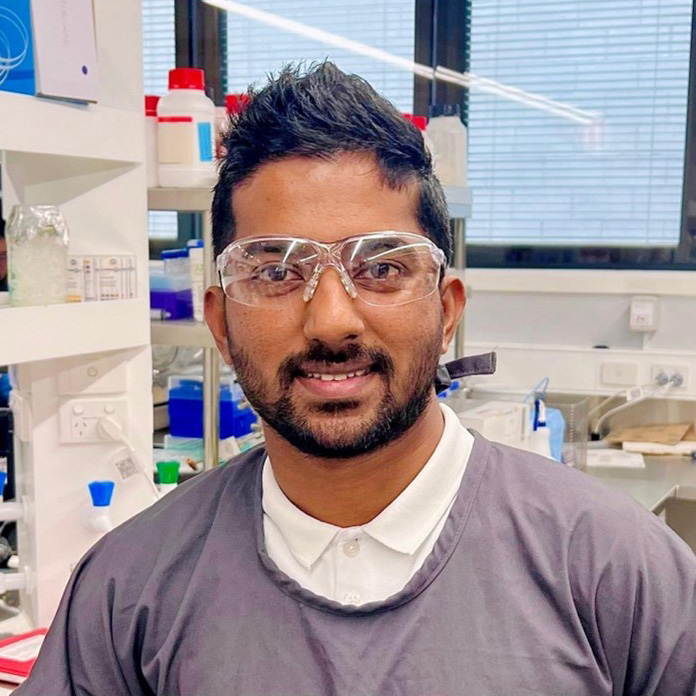
Mr. Kavinda Manamperi (MSc)
Kavinda is a passionate researcher with a strong background in Physical science and chemistry. He graduated his Bachelor of Science in Physical Science with a major in Chemistry at the University of Kelaniya, Sri Lanka in 2020. Building upon his undergraduate studies, Kavinda completed a Master of Science degree in Analytical Chemistry at the same University in 2023. During his Master's degree, Kavinda conducted an extensive one-year research project focusing on antifungal activities using natural compounds and computational chemistry techniques under the supervision of Prof.Kapila Senevirathne.
With a desire to gain working experience in the industry, Kavinda worked as a Quality Control Officer in the pharmaceutical industry in Sri Lanka. Subsequently, he served as a Research Assistant (RA) at the University of Kelaniya, contributing to research projects in the field of chemistry.
Kavinda has been awarded a full scholarship from the ARC Steel Research Hub in collaboration with BlueScope Steel Australia. He is currently pursuing his Ph.D. in Applied Physics at RMIT University. In his Ph.D. research project, Kavinda is developing innovative biomimetic functional coatings that enhance durability, hardness, antibacterial activity, anticorrosion activity, and wear resistance. His project aims to push the boundaries of functional coatings, leveraging advanced materials and cutting-edge techniques to address pressing industrial needs.
Email: S4069976@student.rmit.edu.au
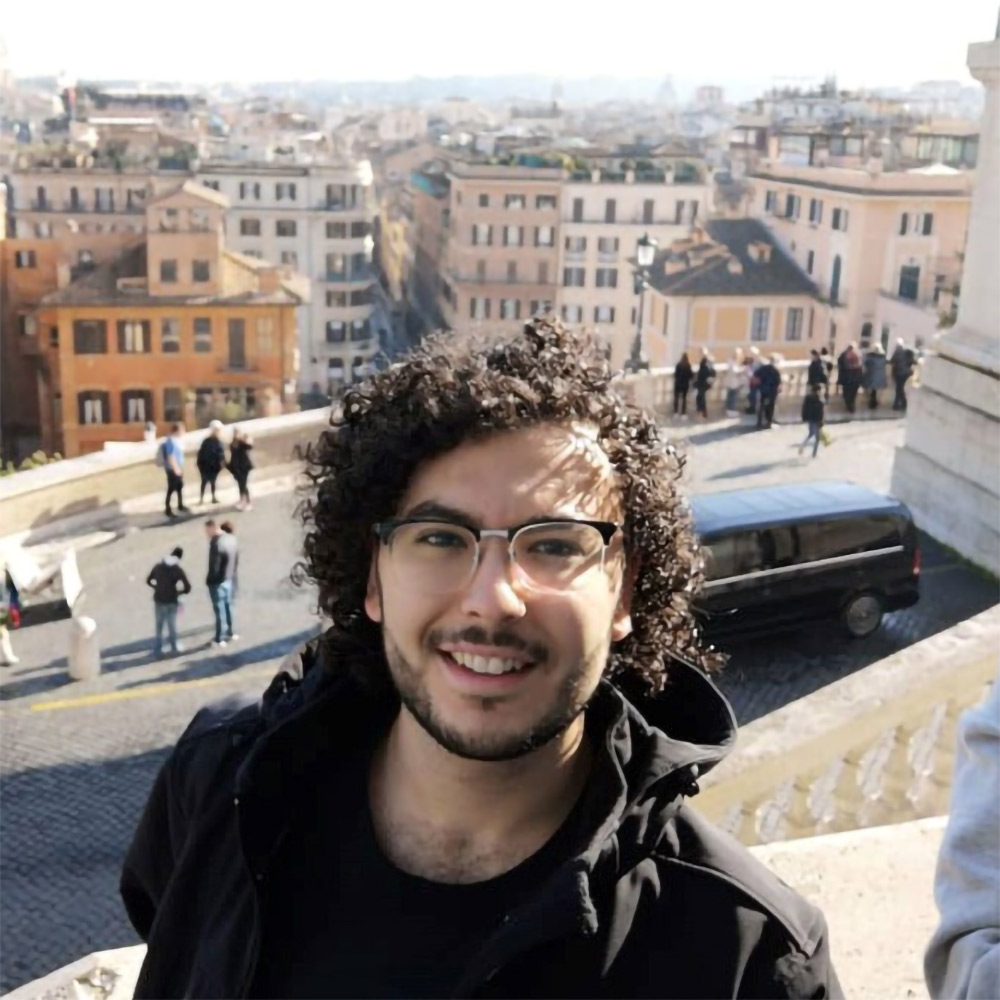
Mr Erim Nihat Kosyer
Erim recently graduated with a BSc in physics from RMIT University in 2020. He was awarded the NHMRC Centre of Excellence summer internship to undertake a research project based on the biological effects of terahertz (THz) radiation and take part in an experimental session at the Australian Synchrotron THz beamline. He is currently undertaking his Honours project which aims to investigate the underlying mechanisms of interaction between high frequency electromagnetic fields and eukaryotic cells in the pursuit of developing innovative drug delivery systems.
Email: s3599557@student.rmit.edu.au
- Institute of Quantum Optics, Liebniz University, Hannover, Professor Boris Chichkov, Nanoengineering
- Dr. Marco Werner, Leibniz Institute for Polymer Research, Dresden, Germany
- The Institut Charles Sadron, Membrane Physics and Soft Matter Group, Strasbourg
- ALBA – Spanish synchrotron
- Institute of Advanced Bioscience, Department: microenvironment, cell plasticity and signalling, Grenoble, France
- IMEC, Leuven, Belgium
- Institute of Pasteur, France
- Belgium Coordinated Collections of Microorganisms
- Madrid University Dr. J.L. Chiara (Male) (ORCID: 0000-0002-8153-1852)
- Dr. Vladimir Baulin, Soft Matter Theory Group, University of Tarragona, Spain
- Chelonia, Basel, Switzerland
- Thin Films and Interfaces Group, Professor Thomas Lippert, Paul Scherrer Institute, Zurich, Switzerland
- Bio21 Advanced Microscopy Centre, Melbourne University
- Monash Centre for Electron Microscopy
- Dr. Katia Bazaka, Associate Professor, Australian National University
- ARC training centre for Surface Engineering for Advanced Materials (SEAM), Swinburne University of Technology
- Centre for Quantum and Optical Science, Professor Saulius Juodkazis (deputy director and head of nanofabrication), Swinburne University of Technology
- ARC Steel Research Hub, University of Wollongong and Bluescope Steel
- Kaiteki Institute Inc. Mitsubishi Chemical Holdings, Tokyo
- Australian Institute of Nuclear Science and Engineering (AINSE) and Australian Science and Technology Organisation (ANSTO)
- Nanomanufacturing group, Institute for Manufacturing, University of Cambridge
- CSIRO/Cooperative Research Centre (CRC) for Polymers, Dr. Helmut Thissen
- University of Maryland, Baltimore
- University of Adelaide, Professor Dusan Losic
- Australian National Fabrication Facility (ANFF), Melbourne Centre for Nanofabrication, Clayton
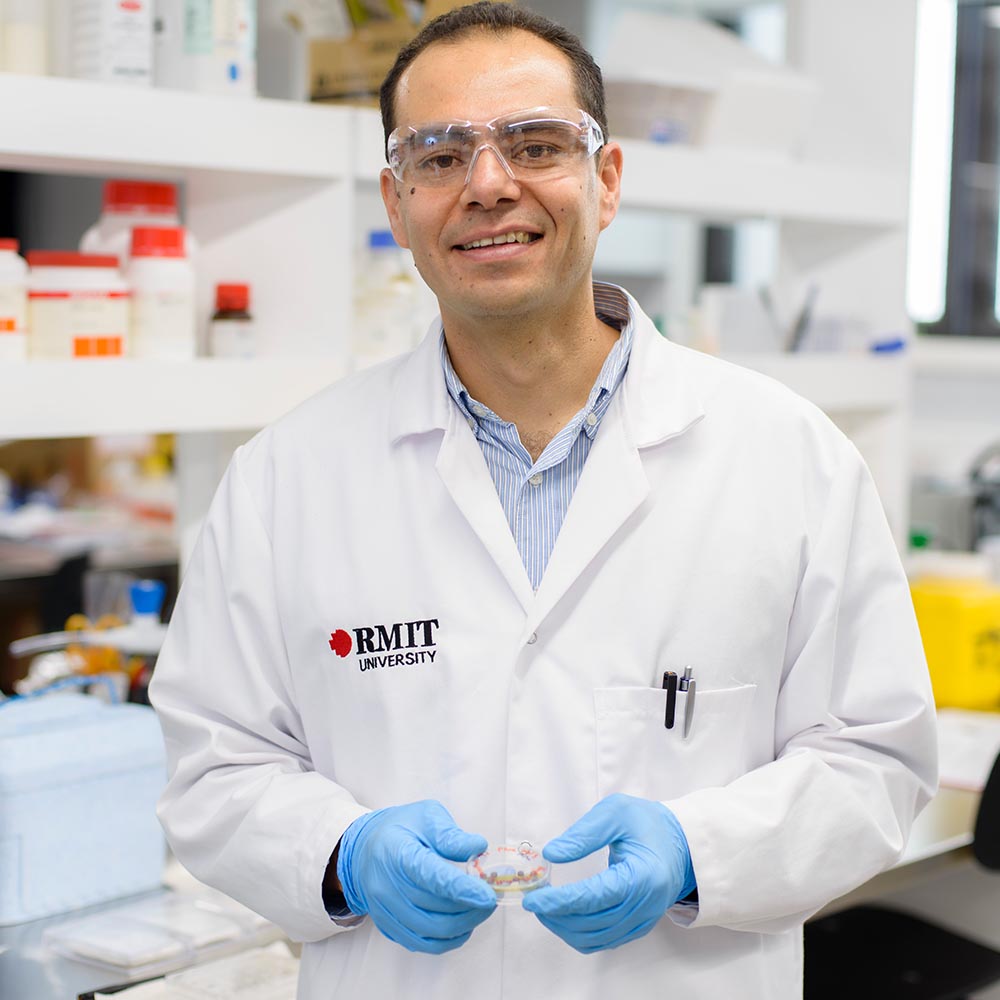
Dr. Arturo Aburto-Medina
Dr. Arturo Aburto-Medina is a Research officer at the School of Science at RMIT University. He obtained his PhD from the University of Essex, UK. He has conducted postdoctoral studies in University of California Irvine, Flinders University and has held lecturing positions at UAM and ITESM. His research interests include drug discovery, conservation of the environment, the bioremediation of contaminated sites and the fabrication & optimisation of antimicrobial surfaces.

Dr. Duy Huu Khuong Nguyen
Duy completed his PhD at Swinburne University of Technology in 2019. His research interests include: bacterial interaction on polymeric material and the bio-nano interaction that occur at the bacterial cell-surface interface.
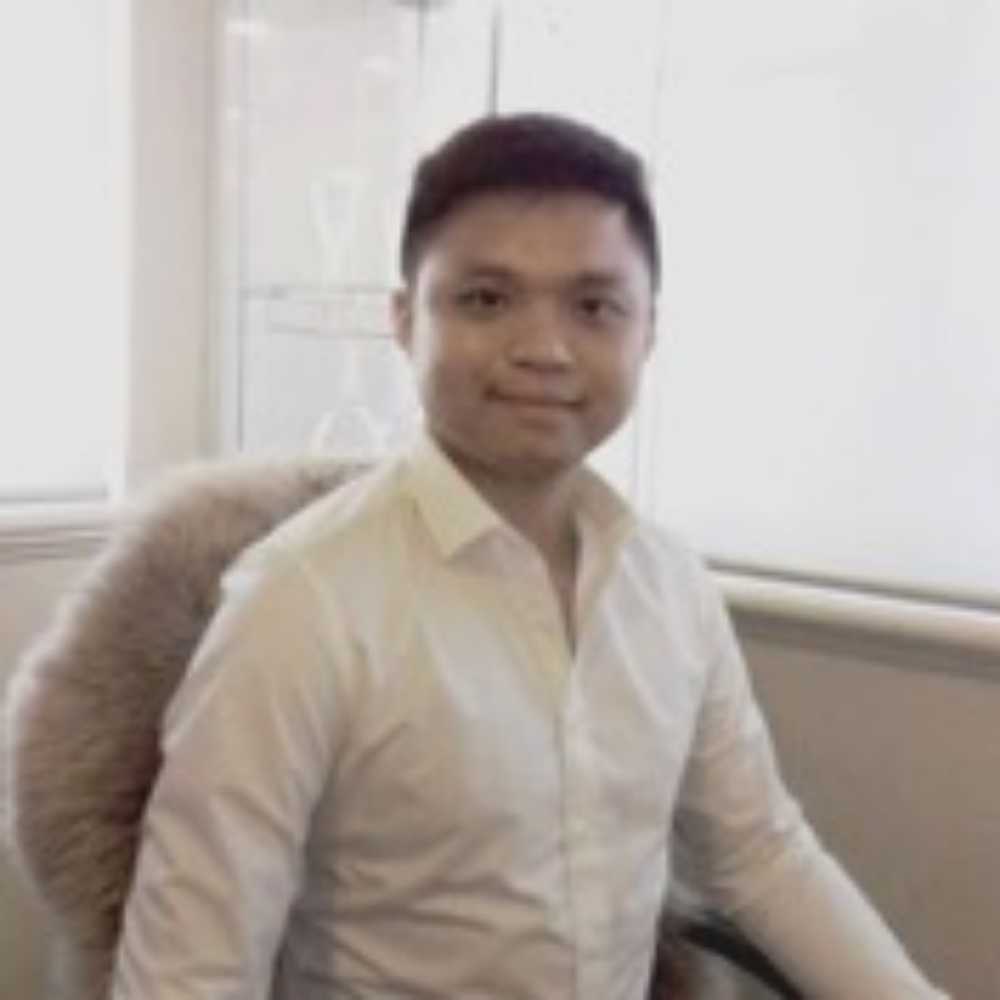
Dr. The Hong Phong Nguyen
Dr. The Hong Phong Nguyen is a researcher at RMIT's School of Science. He received his PhD from the Swinburne University of Technology, Australia focusing on cell membrane permeability of various prokaryotic and eukaryotic organisms. Dr. Nguyen worked as a researcher and lecturer at Ton Duc Thang University, Vietnam in 2018 and moved to RMIT University in 2022. His research interests are focusing on extraction of bioactive compounds from plants, algae, and bacteria; finding new candidates for drugs developments and cancer therapeutics; improving industrial extracting methods to collect valuable biomass and bioactive compounds; developing new transfection methods for targeted drug delivery; studying antimicrobial/antiviral properties of nanoparticles and nanopatterned surfaces.
Orcid: https://orcid.org/0000-0003-3847-6963
ResearcherID: U-2301-2018
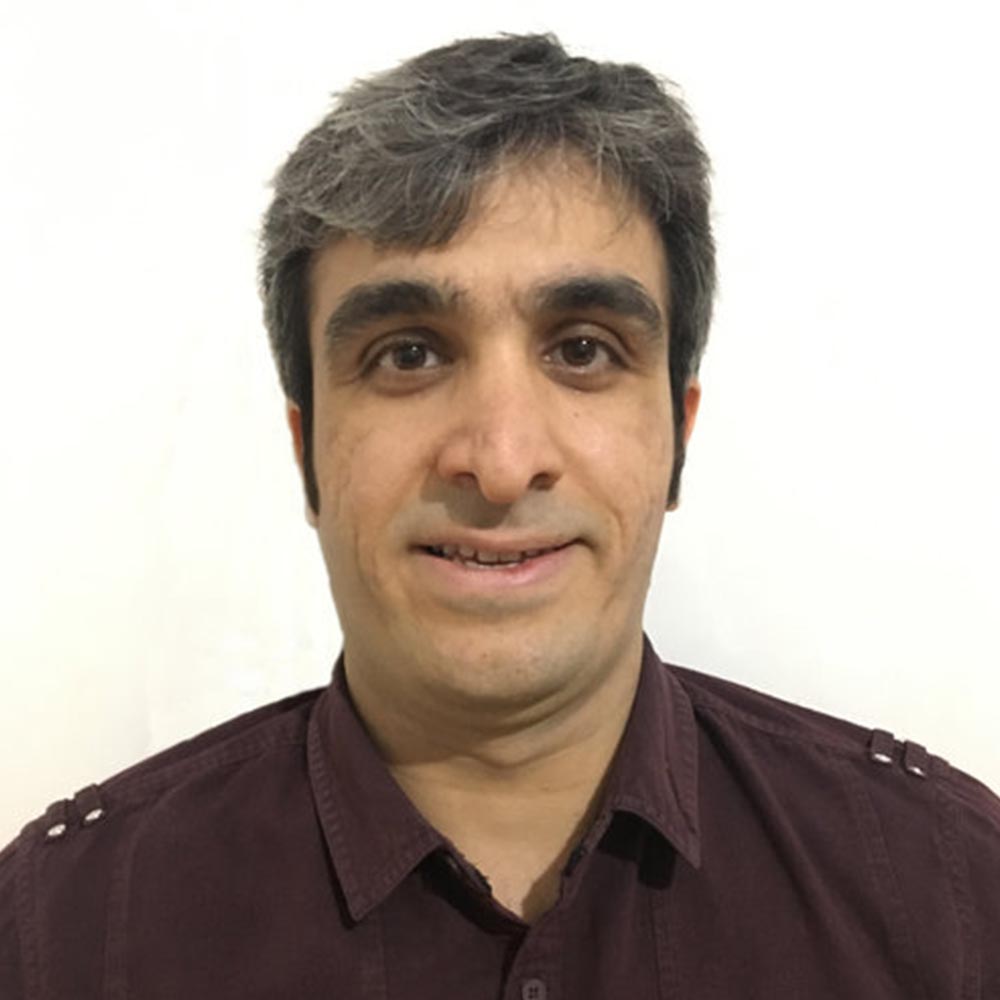
Dr Mehran Ghasemlou
Orcid: https://orcid.org/0000-0003-1444-0878
Email: s3736348@student.rmit.edu.au
Dr Olha Bazaka
Email: s3729979@student.rmit.edu.au


